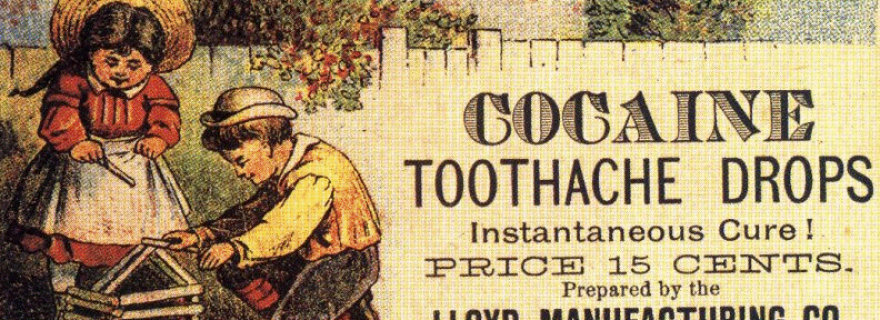Cocaine consumption impairs language production
In order to speak correctly we need inhibitory mechanisms to choose the right words to say. Does cocaine consumption impair language production?
The recreational use of cocaine is still considered by many people an innocent habit. However, the increasing use of cocaine has become a serious public health issue both in Europe and in the USA, especially because of the well-known addictive properties of this psychostimulant drug (European Monitoring Center for Drugs and Drug Addiction 2012).
In the meanwhile, several studies have shown that even consuming cocaine up to 1 to 4 grams on a monthly base can be associated with decrements in the way we control our thoughts and goal directed behavior.
At this point, the question for us was to test whether these non-verbal deficits may be observed as well in the verbal domain. We asked our cocaine users to name images presented in a context where all items belong to the same semantic category (homogeneous condition: e.g., train, car, bike) or in a context in which elements belong to different semantic categories (heterogeneous condition: e.g., train, bed, dog). Typically, people are slower to name elements that are presented in the homogenous context than in the heterogeneous context. We expected this interference effect, due to semantic relatedness, to be bigger in cocaine users than in people who never consumed cocaine.
This is indeed what we found! Both chronic and recreational cocaine users showed larger semantic interference effects than cocaine-free controls, thereby indicating a deficit in the ability to inhibit interfering information. This deficit may be critical in adapting and responding to many real-life situations where an efficient self-monitoring system is necessary for the prevention of errors when speaking.



0 Comments